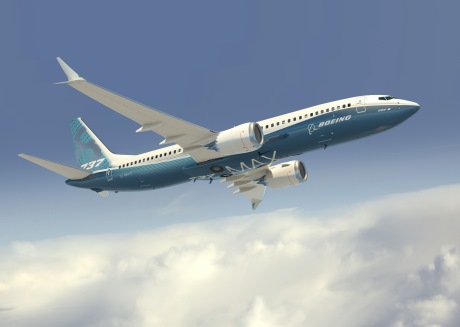Nuclear companies roll out expertise
28 February 2014
Areva Inc and Atomic Energy of Canada Ltd (AECL) have announced separate initiatives that will see the companies share technology developed for nuclear energy applications with non-nuclear markets.
 |
| Areva NDE is offering its services to the US aerospace industry. (Image: Boeing) |
Areva's North American subsidiary Areva Inc is offering its automated non-destructive examination (NDE) systems to the US aerospace, steel forging and railway industries through a newly established dedicated organisation, NDE Solutions.
Areva already offers NDE services for nuclear power plants, including inspections of steam generators, reactor pressure vessels, internals and reactor vessel heads, using ultrasonic testing systems it has developed to ensure the structural integrity of such components. That technology has been adapted to be used in other safety-critical industries, using robotics to inspect steel and carbon-fibre reinforced plastic components.
According to Areva, the NDE technology and systems it is now offering in the USA have already been proven in high-speed rail, steel and aerospace applications in Europe.
Heavy water crossover
AECL has signed an agreement on the advancement of heavy water (deuterium oxide, or D2O) technology and sales with Ontario company Isowater. The companies have been collaborating since 2009 to demonstrate D2O technology and to sell the product to a growing number of users in the high-tech, life science and environmental sectors.
The agreement, described by AECL as a "major milestone" in the collaboration, enables Isowater to market and sell existing D2O inventories to certain non-nuclear markets. At the same time, Isowater will work on advancing new technologies to recycle and upgrade D2O using a refinery system developed in collaboration with AECL. In the longer term, Isowater intends to develop new primary heavy water production systems.
AECL president and CEO Robert Walker described the collaboration as a bridge bringing technology that was developed for nuclear markets into the life science and high-tech sectors. Isowater president and CEO Andrew Stuart said the agreement made sufficient inventory available for the company to meet the needs of the growing non-nuclear market for D2O, particularly in scientific research. "In time, we can scale our production to meet the needs of heavy water moderated reactors," he said.
Researched and written
by World Nuclear News